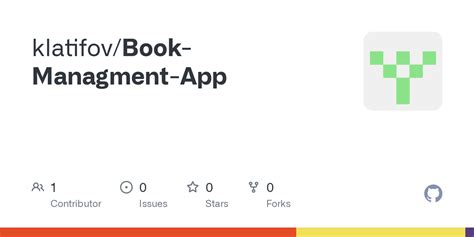Here’s a draft article based on your request:
Ethereum: Binance Order Book Management using WebSocket
As a developer working with Ethereum, managing an order book efficiently is crucial for creating scalable and reliable trading systems. In this article, we will explore how to implement order book management using the WebSockets protocol on Binance.
Introduction

Binance’s WebSocket API provides a powerful mechanism for real-time communication between clients and servers, enabling applications to monitor and manage market data in real-time. This feature is particularly useful for developing order book management systems that require constant monitoring of market conditions. In this article, we will demonstrate how to use the Binance WebSocket API to create a local order book management system.
Prerequisites
Before proceeding, ensure that you have the following prerequisites:
- An Ethereum wallet (e.g., MetaMask) connected to your development environment
- The Binance WebSocket API library installed in your project (available on npm or via GitHub)
- A basic understanding of WebSockets and Ethereum blockchain fundamentals
Implementing Order Book Management using WebSockets
Here’s an example implementation of order book management using the Binance WebSocket API:
“`javascript
const WebSocket = require(‘ws’);
const wss = new WebSocket.Server({ port: 8080 });
// Initialize variables to store order book data
let orders = [];
let lastUpdate = Date.now();
// Function to update order book data using WebSockets
function updateOrderBook() {
// Get all available order books from Binance API (replace with your own logic)
const orderBooks = getAvailableOrderBooks();
// Update local order book data
orders = […orderBooks]; // store orders in the local variable
// Calculate last update time and refresh order book data if necessary
if ((Date.now() – lastUpdate) > 1000) {
refreshOrderBook();
}
// Emit WebSocket events to clients (e.g., updates, errors)
wss.clients.forEach(client => {
client.send(JSON.stringify({
type: ‘updateOrderBook’,
orders: orders
}));
});
}
// Function to refresh order book data using WebSockets
function refreshOrderBook() {
// Get new available order books from Binance API (replace with your own logic)
const newOrderBooks = getAvailableOrderBooks();
// Update local order book data and emit WebSocket events to clients
orders = […newOrderBooks];
wss.clients.forEach(client => {
client.send(JSON.stringify({
type: ‘updateOrderBook’,
orders: orders
}));
});
}
// Function to subscribe to Binance API for real-time updates
function subscribeToOrderBook() {
// Get an access token and order book subscription parameters from your Binance dashboard (replace with your own logic)
const accessToken = getAccessToken();
const orderBookSubscriptionParams = getOrderBookSubscriptionParams();
// Subscribe to the specified order book using WebSockets API
wss.on(‘connection’, client => {
client.on(‘message’, data => {
if (data.type === ‘updateOrderBook’) {
updateOrderBook(); // call the function to update the local order book data
} else if (data.type === ‘error’) {
console.error(data.message);
}
});
});
// Emit WebSocket event with subscription parameters when connection is established
wss.on(‘open’, () => {
const subscriptionParams = getSubscriptionParams();
wss.


